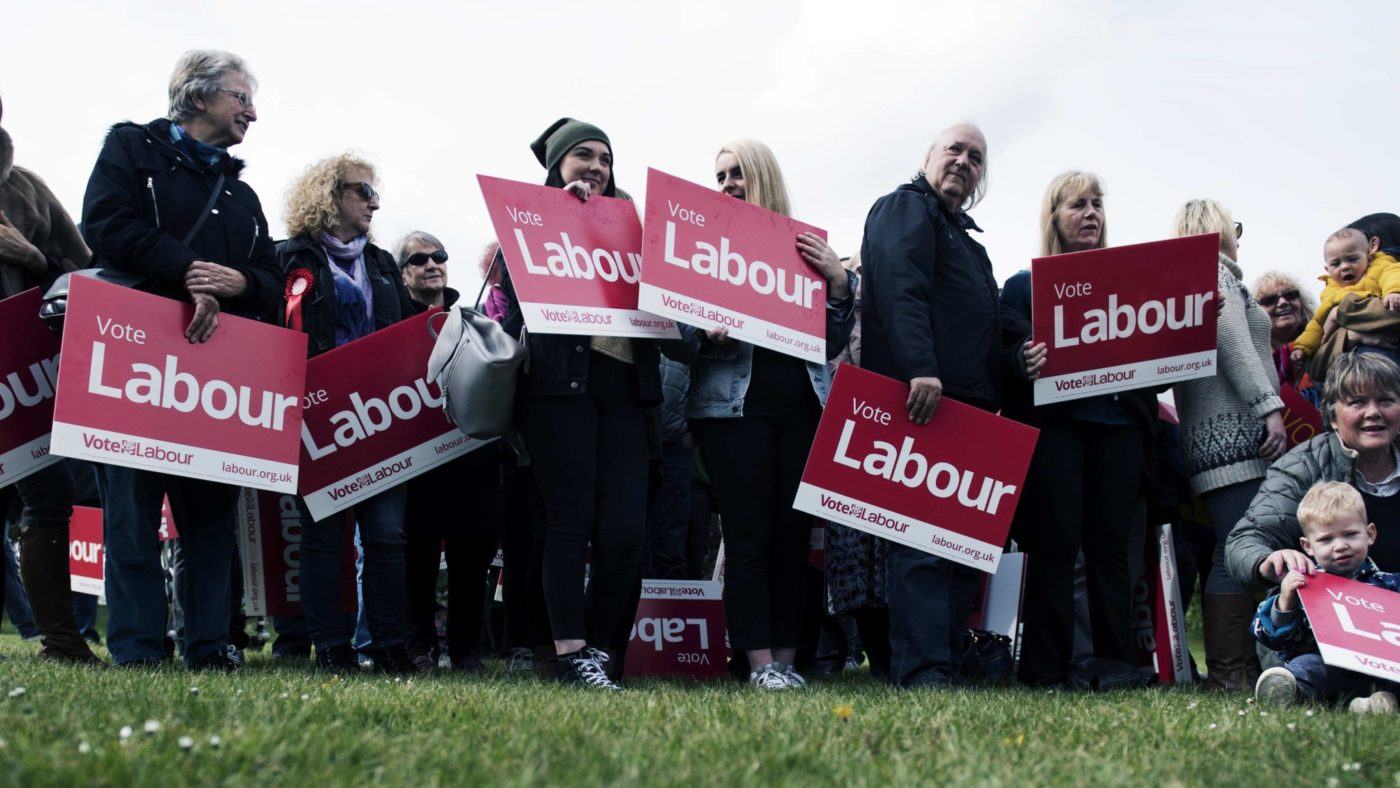Class is back on the agenda – in the Labour Party at least. On the back of a disastrous election defeat in which Labour lost many of its former working class strongholds, a debate has begun as to who its ‘core vote’ actually is in the twenty-first century.
This started prior to December’s election to be sure. Two days before the election Ash Sarkar, a pundit with Corbynista media outlet Novara media, wrote a piece for The Guardian decrying the “myth” that Labour had lost the working class. She claimed – not entirely without foundation – that it was inaccurate to describe the young, asset-poor student class that had gravitated towards the party under Jeremy Corbyn as your typical middle class.
Yet that argument skirts around Labour’s central problem: it is becoming the party of educated younger people living in big cities. That’s a problem which isn’t solved by simply redefining the working class to suit your own agenda (in this case Ash’s fealty to failed leader Jeremy Corbyn).
It shouldn’t need saying, but there is a significant difference in opportunity and life chances for a recent graduate working a low-wage job in London compared to someone without qualifications – let’s say a fifty-something man – living in one of Britain’s former industrial areas. Both may be defined as working class using certain (Marxist) definitions, but they are likely to have very different life trajectories. Not least because the London-based graduate may well inherit significant property wealth when his or her parents die.
That’s not always the case, of course, but there are other factors at play too. For one thing, there is infinitely more opportunity in the city than there is in towns and the countryside – something leadership contender Lisa Nandy has made repeatedly. Having been poor in both London and my own ‘left behind’ town on the coast of Somerset, I can attest that the latter was infinitely worse.
In his book Social Class in the 21st Century, the academic Mike Savage has written at length about the cultural capital one acquires swimming in a middle class milieu of city-based graduates. This provides a big advantage over those who live far from these centres of this economic ‘soft’ power.
Recent changes in the class make-up of the Labour Party were inevitable to some extent. The decline of heavy industry has devastated the trade union movement in Britain; it was always likely Labour would feel a similar impact, albeit over a longer time-frame. We saw that writ large at the election in the so-called ‘red wall’ of formerly solid seats in the Midlands and the north of England. In seats where Labour once commanded majorities exceeding 20,000 the Tories were triumphant.
The roots of this change in voting patterns, particularly in England, go back decades. As academic Chris Bickerton recently noted: “As the Labour MP Jon Cruddas has argued, the Corbyn revolution in the Labour party has narrowed its social base even further, making it the party of young, middle-class southerners, popular in London and some prosperous university towns.”
For some in the Labour Party this has been a blessing in disguise. There is now a large constituency of people on the left – middle class, metropolitan, Remain-supporting, interested in foreign policy and identity politics over bread and butter class issues – who quietly welcome the party’s shift to more bourgeois terrain. They never liked the working class much anyway, and in some cases have attempted to equate the phrase “traditional working class” with white supremacism. As Nandy noted on Twitter last week, “There’s a growing & deeply worrying trend towards writing off one side of [Labour’s] electoral coalition.”
Where one stands on the question of Labour’s relationship with the working class depends on ideology but also on temperament. The right of the Labour Party has been highly critical of Jeremy Corbyn throughout his leadership, and in particular for his failure to defeat two distinctly average Conservative Party leaders. Yet Tony Blair himself showed little sympathy for those ‘left behind’ by globalisation. “I hear people say we have to stop and debate globalisation. You might as well debate whether autumn should follow summer,” Blair told delegates at Labour’s 2005 conference.
The other thing which fascinates me about Labour’s class debate is the readiness with which some activists will redefine class along ideological lines. If you subscribe to a certain set of beliefs you get a pass as the authentic voice of the working class, whereas if you do not then evidence is quickly marshalled to demonstrate that you were a member of the bourgeoisie all along.
To paraphrase Brecht, since Corbyn assumed the leadership in 2015 and subsequently exacerbated Labour’s woes among its traditional base, Labour’s media ‘outriders’ have sought to dissolve one working class and anoint another.
So-called ‘blue collar conservatism’ was given short shrift by some commentators when it was mooted by senior figures in the Tory party a few short years ago. Yet if Labour continues to obfuscate and deny the scale of the challenge it faces, the Tory claim to now be the party of the working class will sound ever more plausible in the years to come.
Click here to subscribe to our daily briefing – the best pieces from CapX and across the web.
CapX depends on the generosity of its readers. If you value what we do, please consider making a donation.


